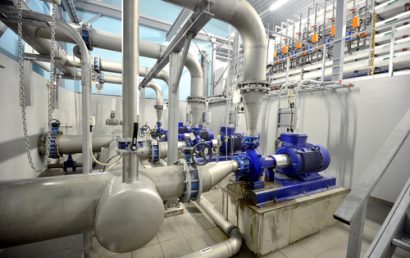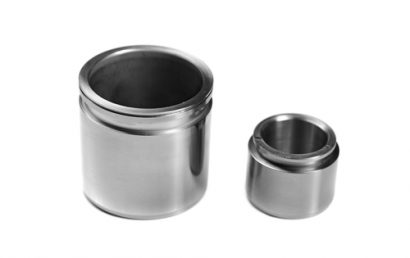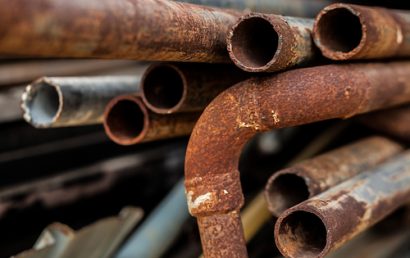What Are The Major Types Of Conformal Coatings?
In industrial thermal coating, conformal coatings play a crucial role in safeguarding sensitive electronic components from harsh environmental conditions. These specialized coatings are designed to provide a protective layer that conforms to the contours of the surface they are applied, ensuring maximum coverage and protection. Conformal coatings are widely used in various industries, including aerospace, automotive, electronics, and telecommunications. This article delves into the major types of conformal coatings, their characteristics, and applications to help those interested in understanding their importance in industrial thermal coating processes.
Acrylic Conformal Coatings
Acrylic conformal coatings are one of the most commonly used types in the industry due to their versatile properties. They are known for their ease of application, quick drying time, and excellent moisture resistance. Acrylic coatings offer good protection against humidity, fungus, and some chemical exposures, making them suitable for various electronic devices, such as printed circuit boards (PCBs), where moisture protection is essential. Moreover, acrylic coatings have low toxicity levels and are relatively more environmentally friendly compared to other types.
Silicone Conformal Coatings
Silicone conformal coatings are favored for their high-temperature resistance and exceptional flexibility. These coatings can withstand a wide temperature range, making them ideal for electronic components that experience extreme operating conditions. Silicone coatings also provide excellent protection against moisture and chemical contaminants. Additionally, their flexibility allows for the expansion and contraction of coated components without compromising the protective barrier, making them suitable for applications where thermal cycling occurs frequently.
Polyurethane Conformal Coatings
Polyurethane conformal coatings are known for their exceptional durability and mechanical strength. These coatings offer robust protection against abrasion, chemicals, and solvents. They are often used in rugged environments, such as automotive and aerospace applications, where the electronic components are exposed to potential damage from mechanical stress and chemical exposure. Polyurethane coatings are relatively easy to apply, providing a smooth and uniform finish that enhances the overall performance and reliability of coated electronics.
Parylene Conformal Coatings
Parylene conformal coatings are unique compared to other types, as they are deposited as a vapor and form a thin and pinhole-free film. This process ensures uniform coverage even on intricate and delicate components, providing excellent protection against moisture, chemicals, and extreme temperatures. Parylene coatings offer superior dielectric properties, making them suitable for high-frequency applications in the electronics industry. Their biocompatibility also makes them ideal for medical devices and implants.
Conformal coatings are vital components in the realm of industrial thermal coating, ensuring the longevity and reliability of electronic devices and components. Each type of conformal coating offers distinct advantages, catering to specific environmental challenges and requirements. Acrylic coatings are favored for their ease of application and moisture resistance, while silicone coatings excel in high-temperature applications.
On the other hand, polyurethane coatings provide robust mechanical protection, and parylene coatings offer unique pinhole-free coverage for delicate components. Understanding the characteristics of each type of conformal coating empowers industries to make informed decisions in choosing the most suitable solution for their specific applications, leading to enhanced performance and increased lifespan of electronic devices in demanding environments.



